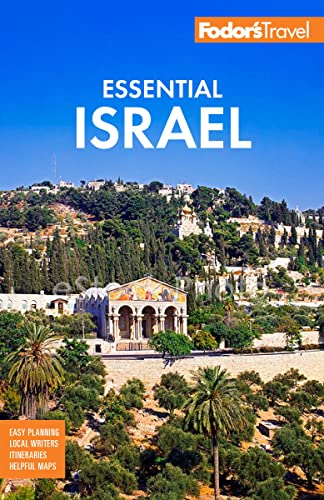Known in antiquity as Thebes, Luxor takes its name from the Arabic al-Uqsur (the palaces). It is a town that merits both poetry and a grain of pragmatism. One of the world's most popular destinations, Luxor lives (or dies) from tourism. But if a well-worn path has been trod to every sight you see, Luxor's universal value in terms of art, natural beauty, and historic monuments is undeniable.
In December 2009, Luxor became its own governorate—it had been part of Qena Governorate— and has since launched sweeping renovation and relocation projects that have transformed the city proper, as well as its West Bank. Luxor’s ambition is to be the world’s largest outdoor museum. To that end, the slums that crowded Luxor and Karnak temples have been razed to make way for vast plazas, giving the antiquities some breathing room and Egyptian families a new place for evening picnics—not to mention space enough to receive more travelers. The famed Avenue of the Sphinxes, most of which lay buried for centuries beneath the modern town, is under excavation at this writing. When that project is complete, this 2.7-km-long (1.7-mile-long) processional way will again reunite Luxor and Karnak temples. Along the city’s riverfront drive, the Corniche, shabby hotels, storefronts, and even some side streets are being demolished to make way for new ones. On the West Bank, the village of Abd el-Gurna has been scraped, in its entirety, from the Theban foothills, the better to protect the Tombs of the Nobles in that area. Many other changes are on the way, and, judging by those that have taken place already, it’s safe to say they will come quickly.
What won’t change, can never change, is the spellbinding presence of Luxor itself.
Sunset in Luxor has a transcendent beauty. As the red orb returns to the Western Lands, setting the landscape ablaze, consider that this civilization was already ancient in antiquity. Egyptians who witnessed the erection of Karnak, for example, knew even then that the pyramids were at least 2,000 years old.




